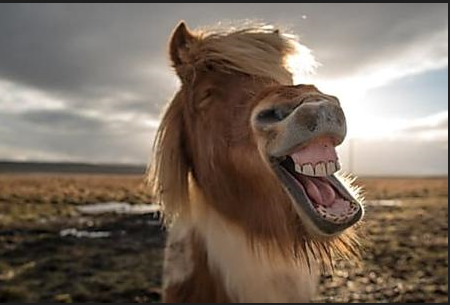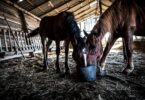When it comes to ponies and horses, there’s often confusion due to their similar appearances, but there are distinct characteristics that set them apart. Understanding the key differences between ponies and horses is crucial for anyone interested in equine care, riding, or simply appreciating these majestic creatures. In this guide, we will explore 10 essential differences between ponies and horses, highlighting their unique traits, history, and uses. By the end of this article, you’ll have a clear understanding of why these two animals, though closely related, are distinctly different.
1. Size: Ponies Are Smaller Than Horses
One of the most obvious differences between ponies and horses is size. Generally, a pony is defined as any equine under 14.2 hands (58 inches) at the withers, while a horse is typically 14.2 hands or taller. This difference in size is not just about height—ponies also tend to have more compact and stocky builds compared to the taller, leaner frames of horses.
- Ponies: small, sturdy, with shorter legs and a thicker body.
- Horses: larger, with longer legs and a more athletic physique.
The size difference impacts everything from riding comfort to their suitability for certain tasks or environments.

2. Personality: Ponies Are Often More Stubborn
When it comes to temperament, ponies tend to be more independent and stubborn than horses. This is due in part to their history of being used for tough work in harsh environments, where they needed to develop a sense of self-reliance. While ponies can be incredibly affectionate and intelligent, their personalities can sometimes make them more challenging to train.
On the other hand, horses are generally seen as more willing to please and adaptable to different training methods, making them easier to manage for some riders.
- Ponies: independent, strong-willed, sometimes stubborn.
- Horses: social, eager to please, and more trainable.

3. Coat and Mane: Ponies Have Thicker Fur
Ponies are well-known for their thick, dense coats, which help them survive in colder climates. Their fur tends to be much thicker and often longer, especially in colder months. In contrast, horses usually have lighter, shorter coats, especially in warmer regions.
- Ponies: thick, long, dense coats, especially in winter.
- Horses: thinner, shorter coats that shed more easily.
This adaptation to the climate is crucial for ponies, who were traditionally bred to endure rough weather conditions.
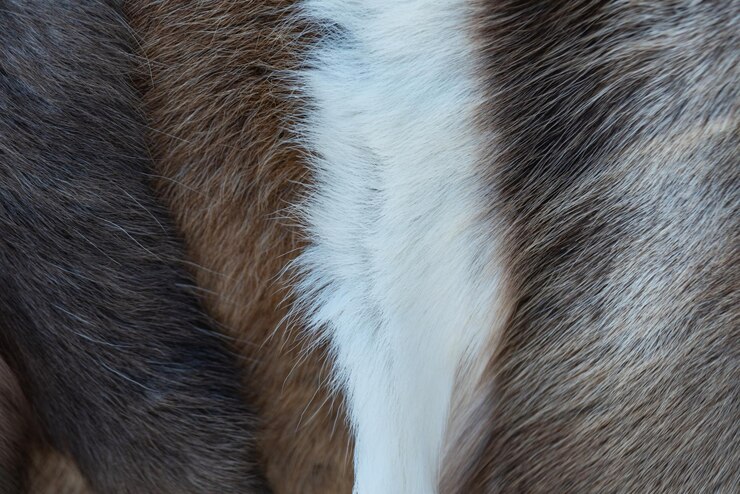
4. Strength and Endurance: Ponies Are Surprisingly Strong
Despite their smaller size, ponies are remarkably strong and have excellent endurance. Historically, they were used for tasks such as pulling carts and carrying loads over long distances. Ponies can often carry heavy weights relative to their size and stamina.
Horses, while more athletic, typically have greater speed and agility compared to ponies, making them ideal for activities like racing, jumping, and competitive riding.
- Ponies: strong, durable, with great endurance for their size.
- Horses: faster, more agile, with higher stamina for specific tasks.

5. Gait and Movement: Horses Have More Fluid Movements
When you watch a pony and a horse in motion, you may notice that horses tend to have more fluid and elegant gaits, especially in disciplines like dressage and jumping. Ponies, however, have a different type of movement: they often exhibit shorter strides and a more sturdy walk.
- Ponies: shorter strides, less fluid movement.
- Horses: longer, smoother strides with a more graceful movement.
The movement of horses makes them better suited for certain types of competitive equestrian sports, while ponies are often favored for beginners and less intense activities due to their stability.

6. Lifespan: Ponies Live Longer
Ponies are known for their longer lifespan compared to horses. Many ponies can live well into their 30s, sometimes even reaching 40 years with proper care. Horses, on the other hand, generally live between 25 and 30 years on average. This longer lifespan makes ponies a great investment for families looking for a reliable companion over many years.
- Ponies: long-lived, often reaching 30-40 years.
- Horses typically live between 25 and 30 years.

7. Behavior: Ponies Are Often More Cautious
Ponies are usually more cautious and wary compared to horses. This can sometimes be attributed to their survival instincts, as they were bred to endure harsher, more dangerous environments. While ponies can be friendly and affectionate, they may take longer to trust new people or situations. Horses, on the other hand, are often more trusting and easier to approach.
- Ponies: cautious, more reserved with new people.
- Horses: trusting, more open to interaction.
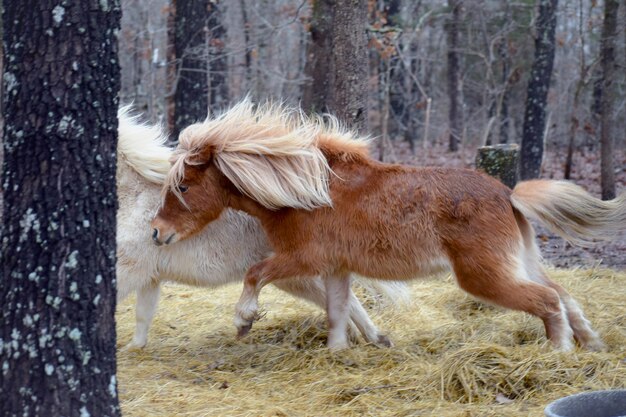
8. Diet and Feeding: Ponies Need Less Food
Ponies typically require less food than horses due to their smaller size and slower metabolism. While both animals are herbivores, ponies often thrive on a diet of grass and hay, with smaller portions compared to horses. In fact, overfeeding a pony can lead to health problems, such as obesity, which is less common in horses due to their higher energy needs.
- Ponies: Less food; prone to obesity if overfed.
- Horses: larger portions to meet higher energy needs.
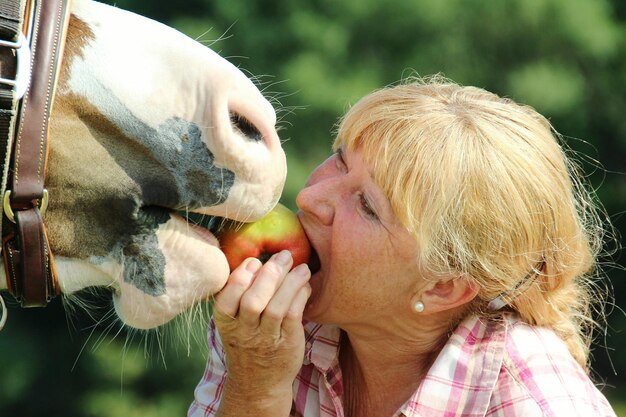
9. Bred for Work: Ponies Were Historically Used for Heavy Labor
Ponies were historically bred for labor in regions where the terrain was rough, and they were used for pulling carts, carrying packs, and even plowing fields. While horses are often bred for speed, agility, and racing, ponies were traditionally bred for strength, hardiness, and dependability in tough environments.
- Ponies: hardworking, bred for strength and labor.
- Horses: agile, bred for speed and performance.

10. Training and Use: Ponies Are Ideal for Beginners
Because of their smaller size, calmer temperament, and patient nature, ponies are often the best choice for young riders or beginners. They are easier to manage, and many are trained specifically for children’s riding lessons, pony clubs, or therapeutic riding programs. Horses, though still excellent for beginners, are typically better suited for more advanced riders due to their larger size and power.
- Ponies: Ideal for beginners, kids, and lessons.
- Horses: Best for more advanced riders and competitive sports.
Conclusion: Ponies vs Horses—Both Are Special in Their Own Way
While there are many differences between ponies and horses, both animals hold unique qualities that make them beloved by equine enthusiasts around the world. Ponies offer strength, endurance, and a gentle, reliable nature, making them perfect companions for children and beginners. Horses, on the other hand, are larger, more athletic, and suited for competitive sports and more demanding tasks.
Whether you’re a beginner looking for a pony to ride or an experienced equestrian interested in exploring the world of horses, both ponies and horses have something special to offer. Understanding their differences will help you make the best choice for your riding or ownership needs.
